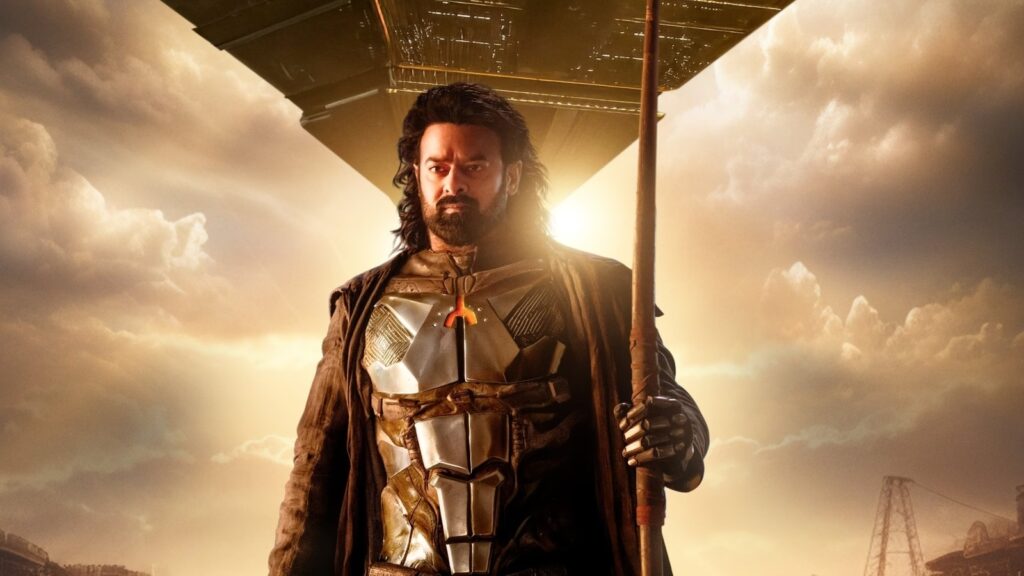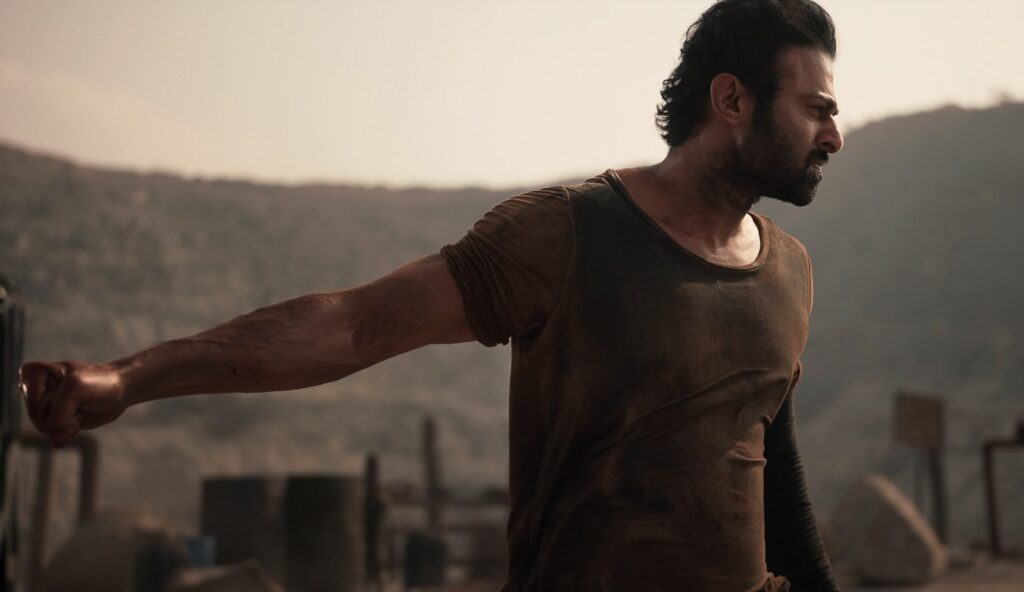Telugu Movie Review: Kalki 2898 AD impresses visually, but struggles to develop storytelling momentum

Hollywood industry observers have widely noted the significant absence of a traditional sci-fi/fantasy spectacle to kick off this year’s strike-depleted summer movie season; Kingdom of the Planet of the Apes and Furiosa: A Mad Max Saga are the closest you’ll get, and a far cry from Marvel-style escapism. It seems only fitting that the increasingly competitive-minded Indian film industry would have an answer for this drought in Kalki 2898 AD. The film, one of the biggest in Tollywood history, is not only a lore-packed fantasy of epic proportions, but one on track to set numerous box office records both in India and abroad this coming weekend. Now, don’t expect non-Indian audiences in the West to flock to this in droves – its mythology is perhaps a bit too culturally-specific for real crossover potential – but the diaspora alone may propel Kalki 2898 AD into the Top 5 at this weekend’s North American box office.
The above may read like an excessive amount of money talk and industry analysis for a piece intending to be a movie review, but I think it’s important to establish upfront the kind of tentpole that Kalki 2898 AD is aspiring to be. During the first 45 minutes of the film especially, it’s very clear that writer/director Nag Ashwin is aiming for a Marvel-type universe, no matter how steeped in Indian texts like the Mahabharata the story is. The style and construction of the movie feel very Hollywood, which makes its commercial ambitions inextricable from its artistic aims. I will be curious if one of the main criticisms among Indian viewers is that it all feels a bit too Hollywood, even if they’re enthralled by the extreme lengths the film goes for fan service (including more star cameos in a single film than I’ve seen since the third Austin Powers). All of this is to say, the way Ashwin goes about world-building suggests he’d like the picture to be viewed on the same plane as any of the biggest international blockbusters out there.
Telugu Movie Review: Salaar: Part 1 – Ceasefire may only be half a story, but it still feels like the most massive epic of the year

It’s been a long time since I’ve felt as utterly exhausted by a film as I was by Salaar: Part 1 – Ceasefire, which crams what seems like multiple Greek tragedies worth of material into just under three hours. And yet, despite the sheer volume of characters and story involved in the movie, it’s still basically all just exposition laying the groundwork for Part 2, which is currently in production and aiming for a release next year. Not only that, but even after this amount of setup, there remain a great number of mysteries left to be unraveled in Part 2, including how a few key characters in Part 1 connect to the main story being told in the first place. The utter enormity of what is being attempted in this saga is daunting, though at this point, one would expect no less from writer/director Prashant Neel, the mastermind behind the K.G.F. films.
For as much of an endurance test as this mythology-heavy movie is, I don’t want to imply that it is in any way joyless or a slog. Neel and the cast do a very good job of getting the viewer invested right from the outset, so that there is no temptation to give up on the mysteries of the story before the answers are finally revealed. From the very first sequence, where we meet main characters Deva and Vardha as children in a rousing moment of public uproar that will have ramifications for the rest of their lives, I “bought in” due to the sheer intensity of emotion evoked. That intensity is largely maintained after we fast-forward a couple decades and meet Aadhya (Shruti Hassan), whose life ties into Deva and Vardha’s saga in enigmatic ways that land her in mortal danger upon returning to her family’s homeland of India.
Aadhya’s story intersects with that of an adult Deva (“Rebel Star” Prabhas), who has already been established as the hero of this saga as a child, with the royal-blooded Vardha dubbing him “Salaar” (a name that means “leader, chief, or commander”). Living as an outcast in a remote area of India with his mother (Easwari Rao), it’s immediately apparent that Deva will play a key role in protecting Aadhya’s life – and not simply because he’s played by the effortlessly magnetic and heroic-seeming Prabhas. Equally apparent is that this undertaking is going to serve as an epic, violent referendum on the past. As a child, Deva vowed to always protect Vardha, which, needless to say, has not resulted in an easy life given the conflicts surrounding Vardha’s royal family.

